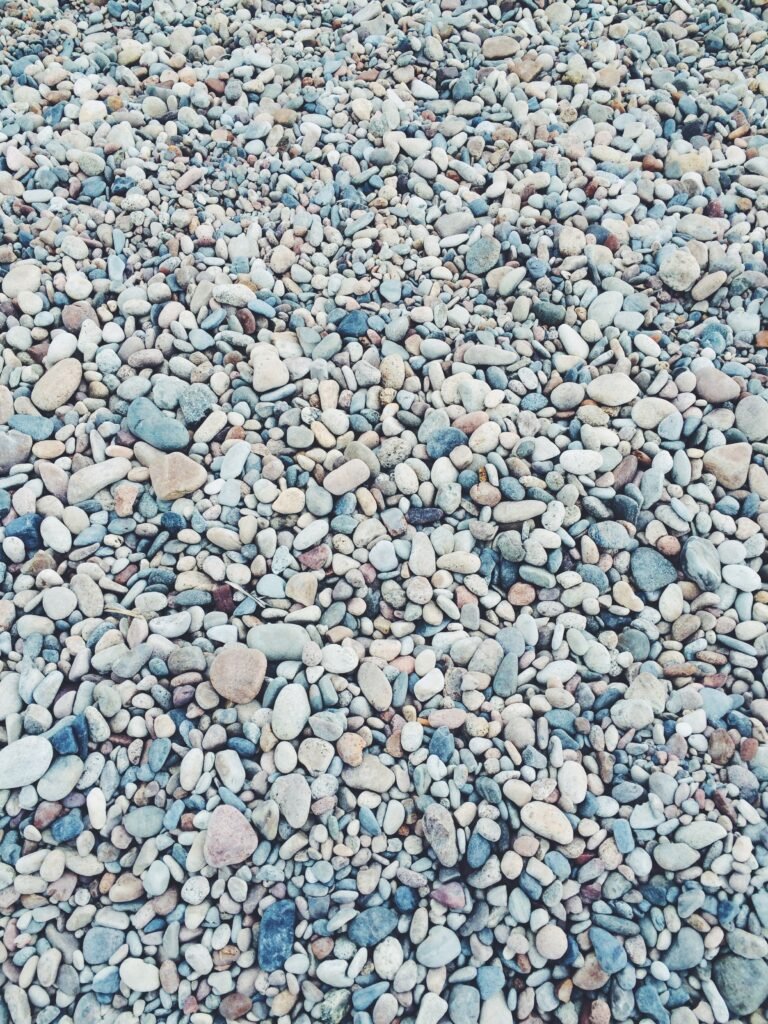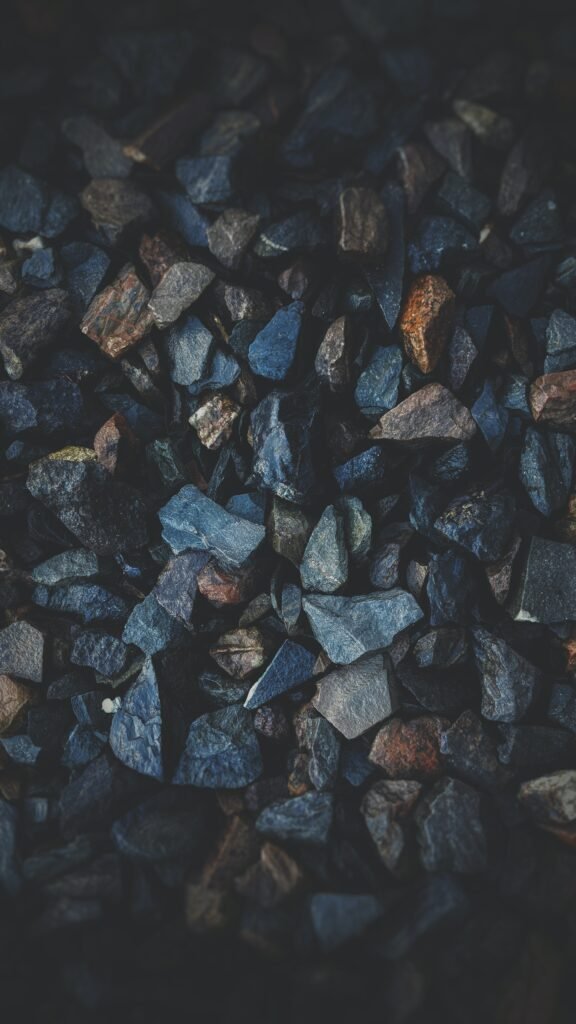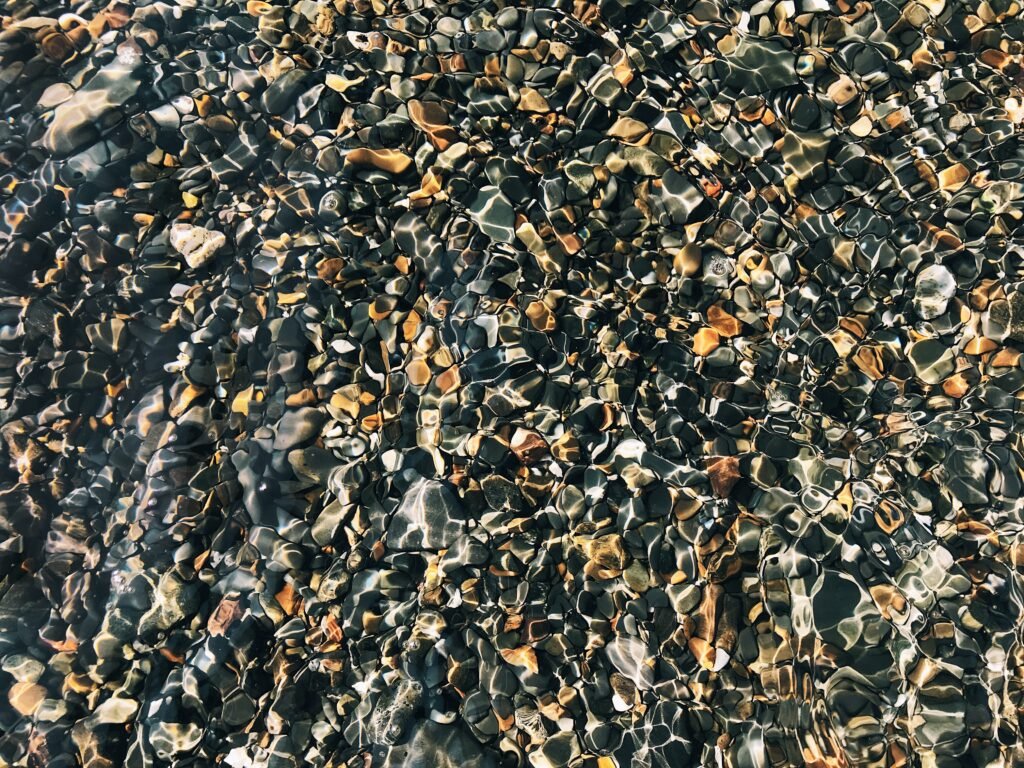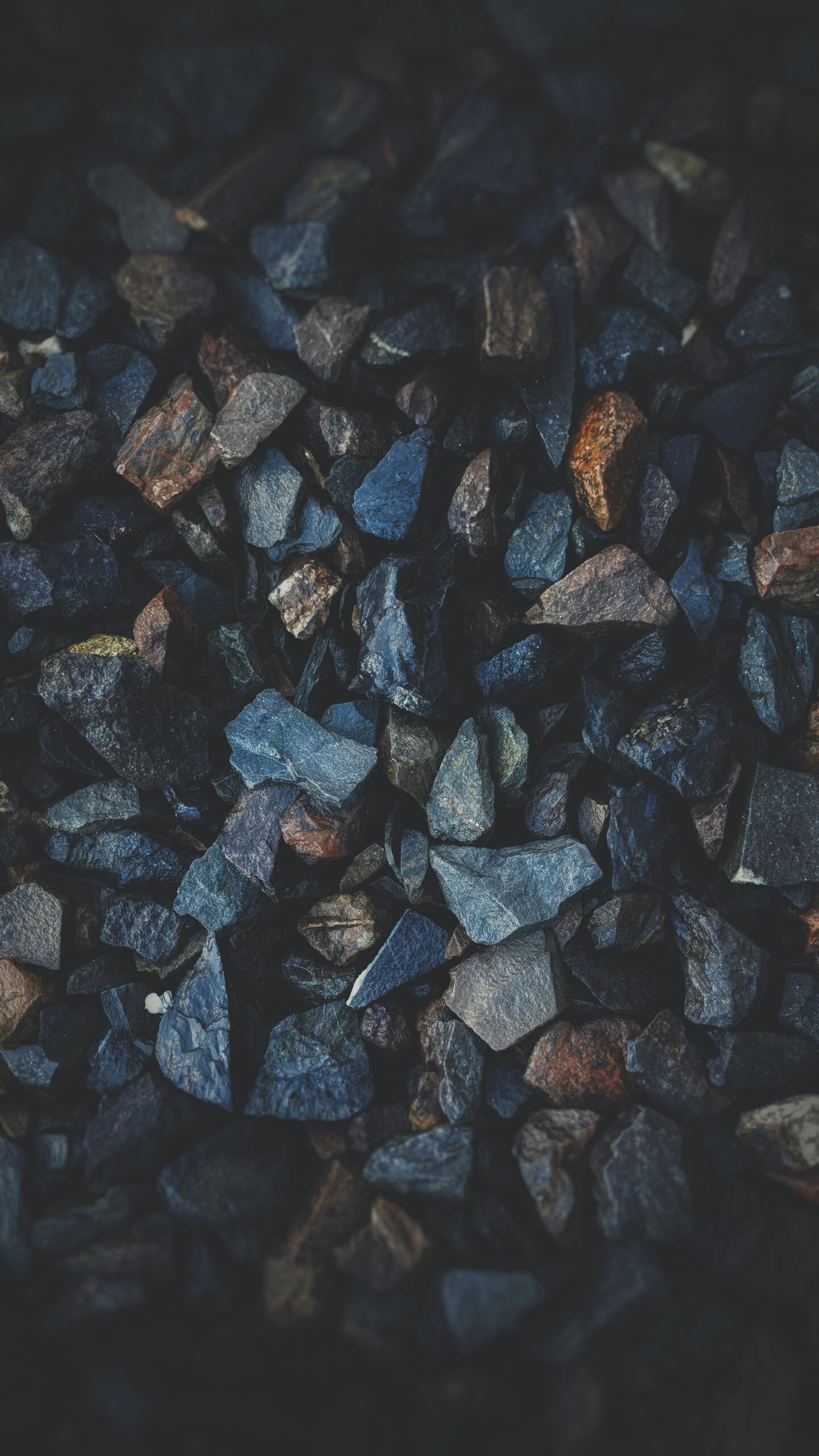So you’ve just experienced the agonizing pain of passing a kidney stone for the first time, and now you’re left wondering how to prevent it from happening again. Well, fear not, because in this article, we’ll be exploring a range of effective strategies to manage and prevent kidney stones after your initial episode. From dietary changes to hydration techniques, you’ll learn practical tips that can help you avoid the pain and discomfort of future kidney stone episodes.
Dietary Changes
When it comes to preventing kidney stone recurrence, making certain dietary changes can play a significant role. One key dietary modification is to increase your fluid intake. Drinking plenty of water and staying well-hydrated can help dilute the urine and reduce the concentration of stone-forming substances.
Another important dietary change is to limit your sodium consumption. Consuming too much sodium can lead to increased calcium in the urine, which can contribute to the formation of kidney stones. It is recommended to aim for a daily sodium intake of less than 2,300 milligrams.
Reducing animal protein intake is another dietary change that can help prevent kidney stone recurrence. Animal proteins, such as red meat and poultry, can increase the amount of uric acid and calcium in the urine, increasing the risk of stone formation. Opting for plant-based sources of protein can be a healthier choice for your kidneys.
Lastly, cutting down on oxalate-rich foods can also be beneficial in preventing kidney stone recurrence. Oxalate is found in certain foods, such as spinach, rhubarb, beets, and chocolate, and can contribute to the formation of calcium oxalate stones. It is advised to consume oxalate-rich foods in moderation and to balance them with other healthy food choices.
Medication Options
In addition to dietary changes, there are several medication options that can help in preventing kidney stone recurrence. Thiazide diuretics are commonly prescribed medications that help reduce the amount of calcium in the urine, lowering the risk of stone formation.
Allopurinol is another medication that may be prescribed, especially if you have a history of uric acid stones. It can help lower the levels of uric acid in the urine, thereby reducing the risk of uric acid stone formation.
Potassium citrate is also frequently recommended as a preventive medication. It helps increase urine citrate levels, which can inhibit the formation of calcium stones. Additionally, calcium supplements may be prescribed in certain cases, as they can bind to oxalate in the gastrointestinal tract, preventing its absorption and reducing the risk of calcium oxalate stone formation.

This image is property of images.unsplash.com.
Lifestyle Modifications
Making certain lifestyle modifications can have a significant impact on preventing kidney stone recurrence. Regular physical activity, such as walking or jogging, can help improve overall kidney health and reduce the risk of stone formation. Aim for at least 30 minutes of moderate-intensity exercise most days of the week.
Maintaining a healthy weight is also crucial in preventing kidney stone recurrence. Obesity and overweight are known risk factors for kidney stones, so maintaining a healthy weight through a balanced diet and regular exercise is essential.
If you are a smoker, quitting smoking is highly recommended. Smoking has been linked to an increased risk of kidney stone formation, as it can alter the composition of urine and promote stone formation. Quitting smoking can not only benefit your overall health but also reduce the chances of kidney stone recurrence.
Avoiding dehydration is another important lifestyle modification. Dehydration can lead to concentrated urine, increasing the likelihood of stone formation. Make sure to drink enough fluids throughout the day and monitor your urine color. Clear or pale yellow urine is a sign of adequate hydration.
Natural Remedies
In addition to dietary changes, medications, and lifestyle modifications, there are also natural remedies that can be beneficial in preventing kidney stone recurrence. Increasing your consumption of lemon juice is one such remedy. Lemon juice contains citrate, which can help inhibit the formation of kidney stones. Squeezing fresh lemon juice into your water or consuming lemonade can be a refreshing and kidney-friendly choice.
Certain herbal supplements, such as Chanca piedra, have been traditionally used as natural remedies for kidney stones. These supplements may help prevent stone formation and promote the passage of stones. However, it is important to consult with your healthcare provider before starting any herbal supplements to ensure their safety and effectiveness.
Hydrangea root is another natural remedy that has been used in traditional medicine for its potential kidney benefits. It is thought to support kidney health and prevent stone formation. Dandelion root is also believed to have diuretic properties, promoting urine production and potentially reducing the risk of stone formation. Again, it is essential to consult with your healthcare provider before trying any natural remedies.

This image is property of images.unsplash.com.
Fluid Management
Proper fluid management is crucial in preventing kidney stone recurrence. Maintaining adequate hydration is essential to dilute the urine and reduce the concentration of stone-forming substances. Aim to drink at least 8 glasses of water or other fluids per day, and increase your intake during hot weather or strenuous exercise.
Monitoring urine output can also help in fluid management. Pay attention to the color of your urine – if it is dark or concentrated, it may indicate inadequate hydration. Urine should ideally be pale yellow or clear. If you are having trouble monitoring your urine output or if you have concerns, consult with your healthcare provider.
Limiting alcohol and caffeine intake is also important for kidney stone prevention. Both alcohol and caffeine can contribute to dehydration, so it is best to consume them in moderation. Stick to recommended guidelines for alcohol consumption and consider alternative beverages to reduce your caffeine intake.
While maintaining proper hydration is important, excessive fluid intake should be avoided. Drinking an excessive amount of fluids can lead to overhydration and may put additional strain on the kidneys. It is best to consult with your healthcare provider to determine the appropriate fluid intake for your specific needs.
Preventative Surgeries
In some cases, preventative surgeries may be recommended to reduce the risk of kidney stone recurrence. Percutaneous nephrolithotomy is a surgical procedure performed to remove large kidney stones. It involves making a small incision in the back and using specialized instruments to break up and remove the stones.
Ureteroscopic stone removal is another procedure that can be done to prevent stone recurrence. It involves inserting a thin tube called a ureteroscope into the ureter and using laser technology to break up and remove stones. This procedure is less invasive than percutaneous nephrolithotomy and does not require any external incisions.
Laser lithotripsy is a minimally invasive procedure that uses laser energy to break up kidney stones into smaller fragments, making them easier to pass through the urinary tract. This procedure is typically performed with the guidance of a ureteroscope.
Shock wave lithotripsy is a non-invasive procedure that uses shock waves to break up kidney stones. These shock waves are delivered to the body externally, targeting the stones and causing them to break into smaller pieces. The smaller stone fragments can then be passed naturally through the urinary tract.
The decision to undergo any of these preventative surgeries will depend on various factors, including the size and location of the stones, overall health, and individual circumstances. It is important to discuss all available options with your healthcare provider to determine the best approach for your situation.

This image is property of images.unsplash.com.
Follow-Up Procedures
After experiencing a kidney stone episode, it is crucial to undergo regular follow-up procedures to monitor your kidney health and evaluate the effectiveness of the prevention strategies. Regular imaging tests, such as ultrasound or CT scans, may be recommended to check for the presence of any new stones or changes in existing stones. These tests can help identify any potential issues promptly.
Evaluation of urine composition is another follow-up procedure that can provide valuable information about the stone-forming substances present in your urine. Collecting a 24-hour urine sample and having it analyzed can help determine any specific factors that contribute to stone formation. Based on the results, your healthcare provider may recommend further dietary modifications or medication adjustments.
Keeping a stone journal can also be a helpful follow-up practice. This involves documenting any symptoms, changes in urine color, or lifestyle habits that may impact kidney stone formation. It can help you and your healthcare provider identify patterns or triggers that may need to be addressed.
Regularly reviewing the effectiveness of the chosen treatment strategies is essential to optimize your kidney stone prevention plan. Discuss any concerns or questions with your healthcare provider during these follow-up appointments to ensure that you are on the right track.
Patient Education and Counseling
Patient education and counseling play a vital role in managing kidney stones and preventing recurrence. Understanding the causes and risk factors of kidney stone formation can help you make informed decisions about your lifestyle choices and treatment options. Your healthcare provider can provide detailed information tailored to your specific needs.
Learning about dietary modifications is crucial for preventing kidney stone recurrence. Your healthcare provider can guide you on which foods to limit or avoid, as well as recommend healthy alternatives that can support kidney health. They can also provide guidance on proper portion sizes and meal planning.
Understanding the effectiveness of medications prescribed for kidney stone prevention is also important. Your healthcare provider can explain how the medications work and what to expect in terms of their effects. It is essential to take medications as prescribed and to communicate any side effects or concerns to your healthcare provider.
During patient education and counseling sessions, it is important to address any concerns or questions you may have. Open communication with your healthcare provider can help alleviate any fears or uncertainties and ensure that you have a clear understanding of your kidney stone prevention plan.
Preventing Recurrence in Children
Children can also be affected by kidney stones, and preventing recurrence is equally important for their well-being. If your child has experienced a kidney stone episode, it is essential to consult with a pediatric urologist for specialized guidance and management.
Dietary modifications are a key aspect of preventing kidney stone recurrence in children. Working with a pediatric urologist or a registered dietitian can help identify specific dietary changes that need to be implemented. These may include reducing sodium intake, limiting oxalate-rich foods, and increasing fluid consumption.
Proper hydration is crucial for children as well. Ensuring that they drink enough fluids throughout the day can help dilute their urine and reduce the risk of stone formation. Encouraging healthy beverage choices, such as water or diluted fruit juices, can help maintain adequate hydration.
In addition to dietary modifications, lifestyle changes can also contribute to preventing kidney stone recurrence in children. Encouraging regular physical activity and maintaining a healthy weight can promote overall kidney health. Limiting screen time and promoting active play can help children maintain an active lifestyle.
Regular follow-up appointments with a pediatric urologist are important to monitor the effectiveness of the preventive measures and make any necessary adjustments. Your child’s healthcare provider can provide guidance on appropriate timing for imaging tests and urine composition evaluations.
Support and Resources for Patients
Dealing with kidney stones can be physically and emotionally challenging, but you don’t have to face it alone. There are various support and resources available to help you along your journey.
Patient support groups can be a valuable source of support and understanding. Connecting with others who are going through similar experiences can provide a sense of community and help you feel less alone. These groups often offer opportunities to share experiences, ask questions, and access valuable information.
Online forums and communities dedicated to kidney stones can also be helpful resources. They provide a platform for individuals to connect, ask questions, and share their stories. Engaging in these online communities can provide you with a wealth of knowledge and support from others who have firsthand experience with kidney stones.
Counseling services can be beneficial for coping with the emotional and psychological aspects of dealing with kidney stones. Seeking professional counseling can provide you with strategies to manage stress, anxiety, or any other emotional challenges you may be facing as a result of kidney stone episodes.
Educational materials, such as brochures, books, and online resources, can also be valuable sources of information. Your healthcare provider may have access to educational materials specific to kidney stones that can help you better understand the condition and prevention strategies.
Remember, you are not alone in this journey. Reach out for support, gather information, and take proactive steps towards preventing kidney stone recurrence. With the right strategies and guidance, you can effectively manage your kidney stone condition and promote your overall kidney health.

